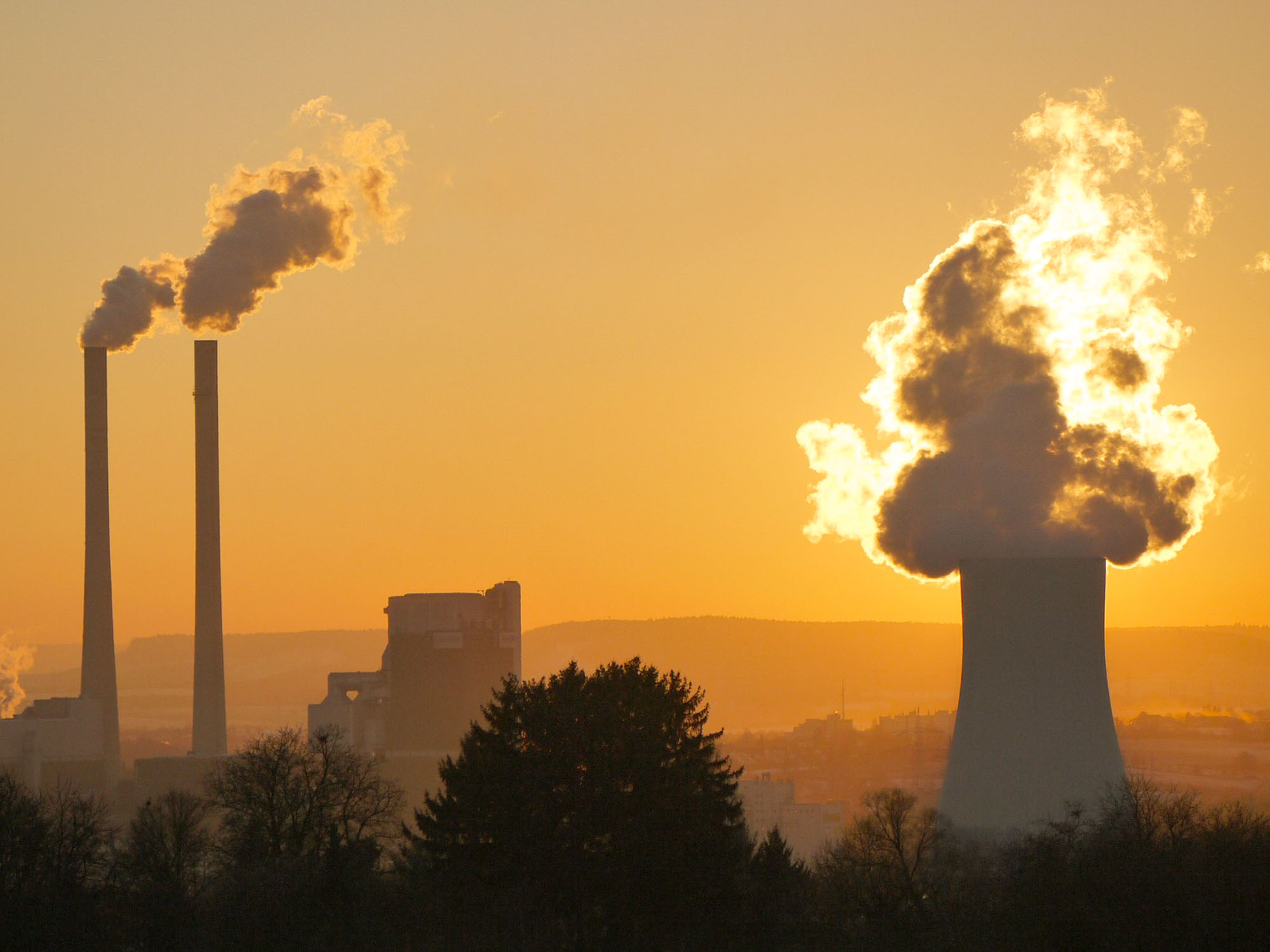The end of nuclear power in Germany.
After 66 years, and two generations, the last operating nuclear power plants in Germany will close this week. In current reports, they are often referred to as ‹piles›, reminiscent of the coal piles of the Middle Ages – nuclear power plants have nothing to do with them though. After the three serious nuclear disasters of Harrisburg (1979), Chernobyl (1986) and Fukushima (2011), the ecological and social damage that this energy-technology has the potential to cause is well known. What remains unknown is the mortgage on the future. If a neutron in the fuel rod hits a uranium 238 atom, it becomes uranium 239, which then quickly decays into plutonium 239 – however, its radiation doesn’t reach far as a so-called alpha emitter; even a sheet of paper can absorb this amount of radiation. However, if inhaled, a millionth of a gram of the heavy metal is enough to cause cancer – this is less than a speck of dust. The half-life of plutonium, a radioactive metal that doesn’t occur naturally on earth, is 24,000 years. In other words, it will take millennia to eliminate the danger.
Germany is the first country in Europe to renounce nuclear energy. Ricarda Lang, co-chairwoman of the Green Party, has rightly said that the date April 15 doesn’t mean a day of phase-out, but of the definitive entry into renewable energies. The energy date to be celebrated spiritually is still ahead of us: when 100% of energy comes from wind, water, and sun, no more energy will come from fossils, and no energy consumption will burden the future – at this point our culture will have arrived energetically completely in the present, in the now. Mentally, we know well what it means to be completely absorbed in the present, because it is a familiar feeling: it is called happiness!
Image Nuclear power plant, photo source: Pixabay





